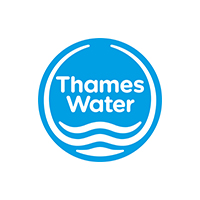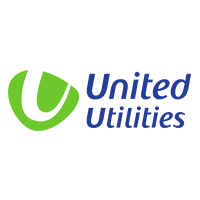Service: Investigating high night flow DMAs with Stop.Watch surveys
Benefits: Reduced leakage in an otherwise “stubborn” DMA. Avoided detection and repair costs. Savings at very low marginal cost relative to standard approach.
The situation: The client water company is one of the best performing UK water undertakings, with upper quartile recent performance in many areas including leakage control. It has based much of its medium term leakage reduction strategy on the investigation and resolution of high leakage DMAs. However there are some stubbornly high night flow DMAs that have not responded to the intensive investigation approach.
The project: Invenio Systems was given access to the worst of the “stubborn” DMAs. A detailed Stop.Watch survey of the DMA was carried out, with data collected covering a two week period.
Outcome: 110 customer-side leaks were identified and prioritised by flow rate. The total flow rate from these was calculated, using StopWatch data, at 0.3 Ml/d. Of these 30 largest ones (calculated to contribute 0.2 Ml/d) were investigated and repaired by the water company. Where these could be metered the average measured flow rate was 290 l/hr, indicating that the measured saving from these larger leaks agreed with the Stop.Watch calculated saving. Very high household night use ( 7.8 l/prop/hr) and high unmeasured customer consumption (650 l/prop/day) was also identified and quantified as part of the Stop.Watch survey. Taken together this showed that leakage in the distribution system was negligible. The savings from the project are as follows:
- The direct saving from the customer-side leaks found and followed up was 0.2Ml/d.
- The location of a further set of known smaller leaks, which could be followed up if required, would give a further saving of 0.1Ml/d
- The saving in better knowledge of actual night use was equivalent to 0.3Ml/d of leakage, which had been thought to exist, but does not in reality.
The cost of the Stop.Watch investigation was £86,000. The estimated further follow-up costs to the water company were £16,000, giving a total cost of £102,000. Taking only the direct savings of leaks followed up this gives a cost of £510,000 per Mld. Including all the savings gives a cost of £170,000 per Mld. We believe that the leaks found were mostly long-lived, having built up over decades and so the saving will be sustained.














Leave a comment
Logged in as . Log out?